Environ 10 résultats pour « Orthodoxie »
-

Orthodoxie
Le terme « orthodoxe » vient du grec όρθός orthós (droit) et δόξα dóxa (gloire/opinion). Le terme fut utilisé pour la première fois pour désigner la grande majorité des chrétiens c'est-à-dire ceux qui suivaient les conciles œcuméniques. Après la rupture de 1054, seule une partie des chrétiens utilise le nom. Les orthodoxes sont parfois appelés chrétiens orientaux, orthodoxes grecs ou orthodoxes russes. Le terme « orthodoxe » trace une ligne claire entre d'un côté ce qui est exact, conforme, mais qui n'est pas forcément l'idée majoritaire, et de l'autre côté, ce qui diverge de l'exactitude.
-
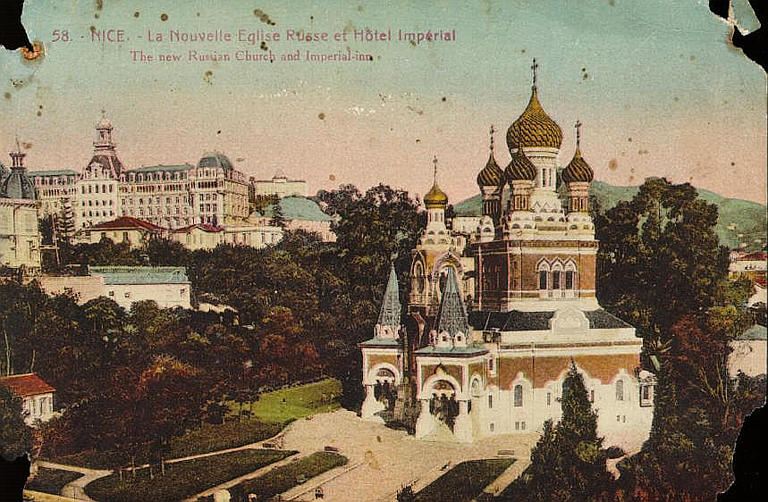
58 - NICE - LA NOUVELLE EGLISE RUSSE ET HOTEL IMPERIAL
-
- Domaine(s) :
- Architecture
- Ethnologie
- Photographie
-
- Datation :
- XXe siècle
-
-

-
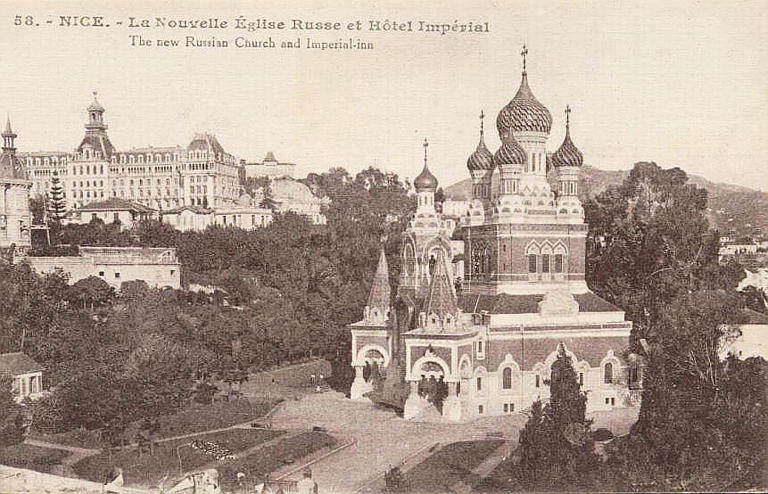
58 - NICE - LA NOUVELLE EGLISE RUSSE ET L'HOTEL IMPERIAL
-
- Domaine(s) :
- Architecture
- Ethnologie
- Photographie
-
- Datation :
- XXe siècle
-
-
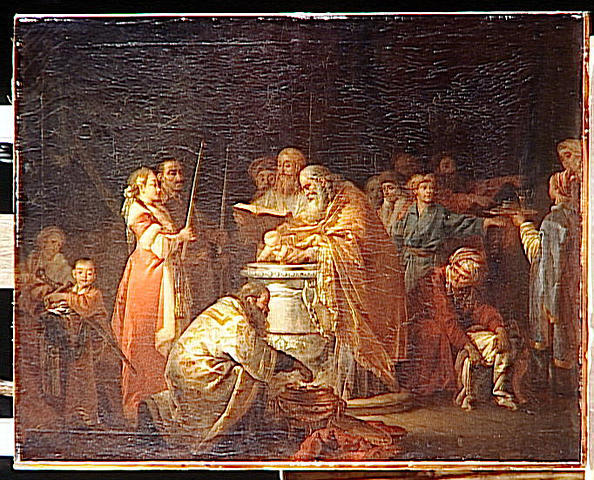
UN BAPTEME RUSSE
-
- Domaine(s) :
- Peinture
-
- Sujet représenté :
- Baptême
- Enfant
- Famille
- Livre (document)
- Nourrisson
- Orthodoxie
-
- Datation :
- XVIIIe siècle
-
-
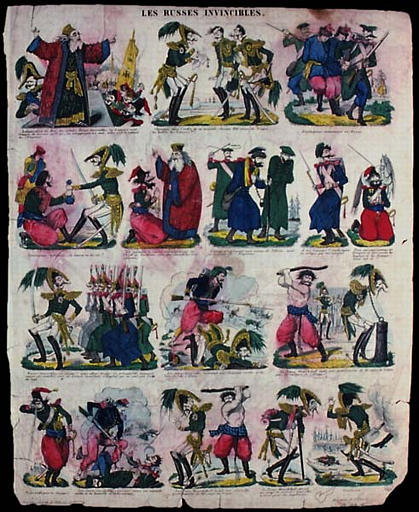
-
- Artiste(s) :
- Jean-Charles Pellerin
LES RUSSES INVINCIBLES. (titre inscrit)
-
- Domaine(s) :
- Estampe
- Ethnologie
-
- Sujet représenté :
- Bataille de l'Alma
- Baïonnette (arme)
- Blessure
- Bâton
- Bénédiction
- Châtiment
- …
-
- Datation :
- XIXe siècle
-
-
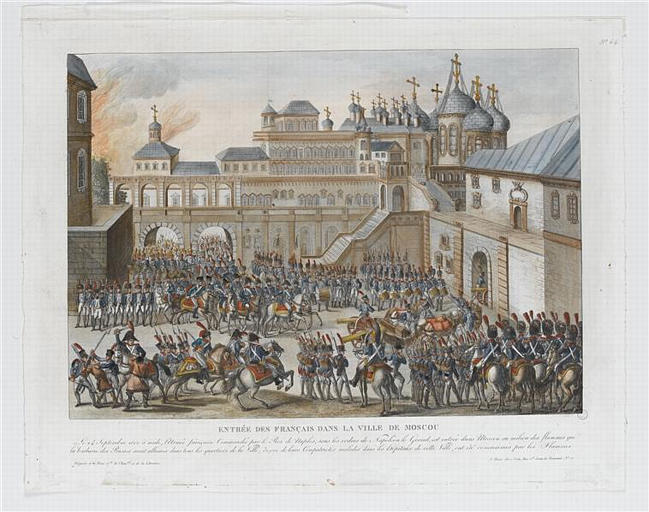
ENTREE DES FRANÇAIS DANS LA VILLE DE MOSCOU (titre inscrit)
-
- Domaine(s) :
- Estampe
- Ethnologie
-
- Sujet représenté :
- Armée
- Canon (artillerie)
- Cavalerie
- France
- Incendie
- Joseph Bonaparte
- …
-
- Datation :
- XIXe siècle
-
-
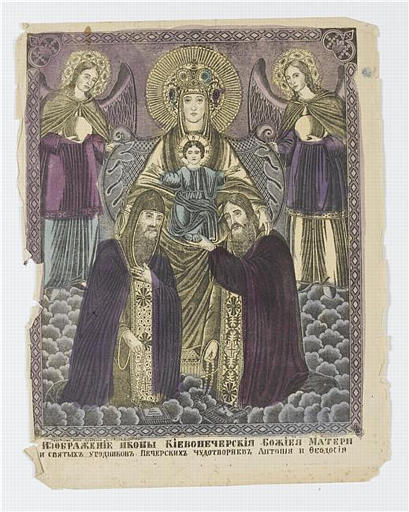
Vierge en Majesté (titre factice, russe, cyrillique)
-
- Domaine(s) :
- Estampe
- Ethnologie
-
- Sujet représenté :
- Ange
- Chapelet
- Couronne (attribut)
- Homme
- Nuage
- Orthodoxie
-
- Datation :
- XIXe siècle
-
-
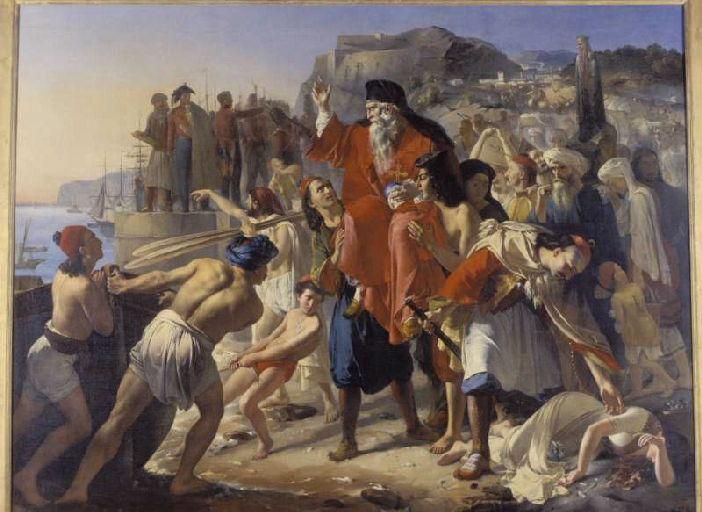
L'embarquement des Parganiotes
-
- Domaine(s) :
- Peinture
-
- Sujet représenté :
- Anglais (peuple)
- Barque
- Bénédiction
- Crâne
- Douleur
- Fortification
- …
-
- Datation :
- XIXe siècle
-
-
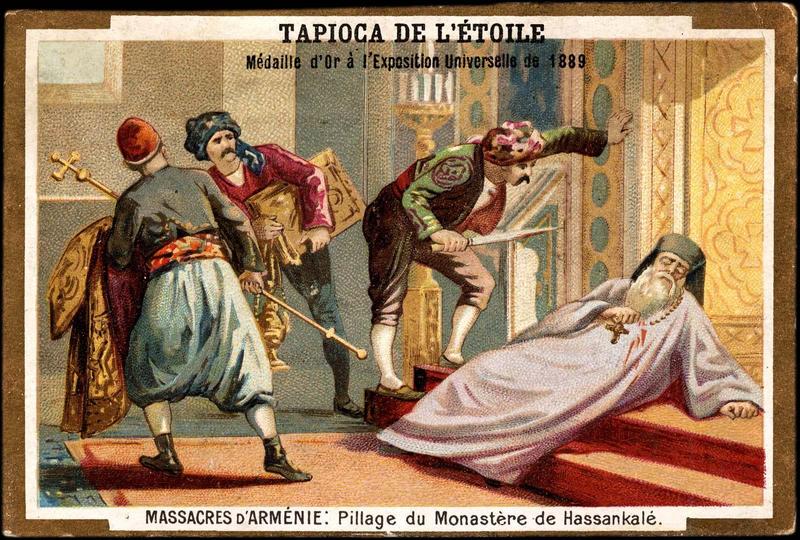
MASSACRES D'ARMENIE : Pillage du monastère de Hassankalé (t…
-
- Domaine(s) :
- Estampe
-
- Sujet représenté :
- Arménie
- Croix (christianisme)
- Encensoir
- Massacre
- Meurtre
- Orthodoxie
- …
-
- Datation :
- XIXe siècle
- XXe siècle
-
-
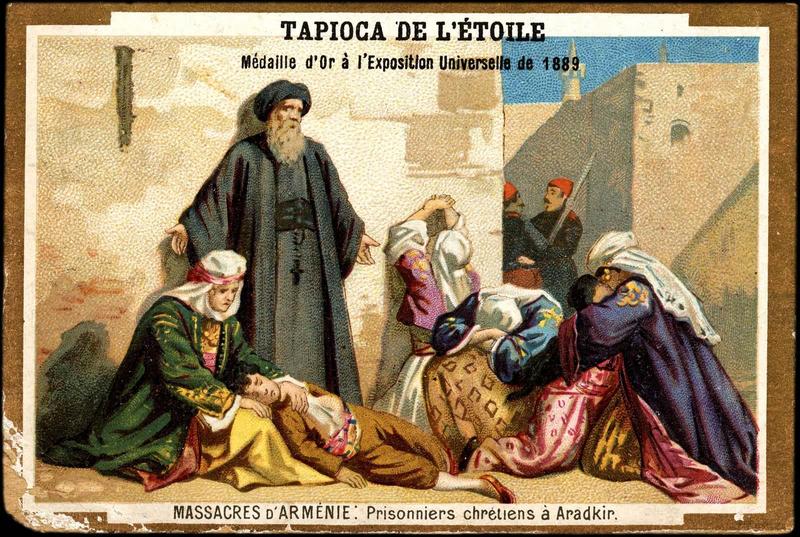
MASSACRES D'ARMENIE : Prisonniers chrétiens à Aradkir (titr…
-
- Domaine(s) :
- Estampe
-
- Datation :
- XIXe siècle
- XXe siècle
-
-
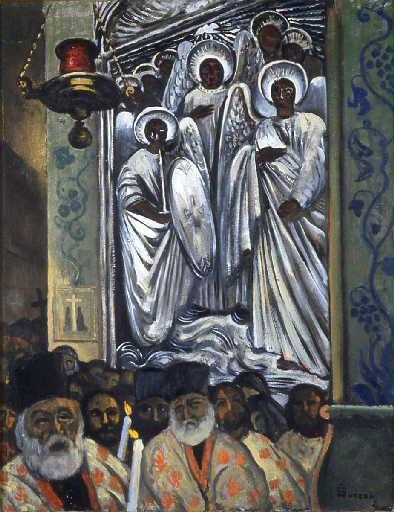
Le feu sacré
-
- Domaine(s) :
- Peinture
-
- Sujet représenté :
- Feu
- Fête
- Jérusalem
- Orthodoxie
- Procession religieuse
- Pâques
-
- Datation :
- XXe siècle
-
-
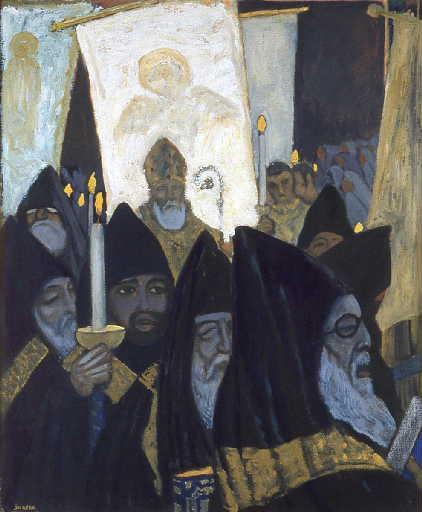
Procession arménienne (durant la cérémonie du Feu sacré à J…
-
- Domaine(s) :
- Peinture
-
- Sujet représenté :
- Arméniens
- Feu
- Fête
- Jérusalem
- Orthodoxie
- Procession religieuse
- …
-
- Datation :
- XXe siècle
-
-
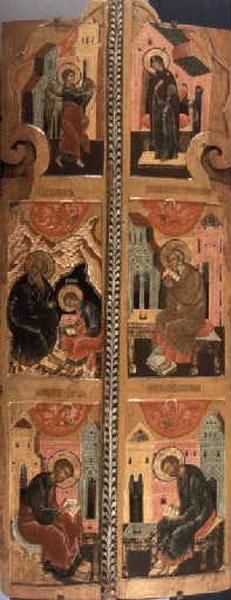
-
- Artiste(s) :
- Anonyme
Porte royale
-
- Domaine(s) :
- Peinture
-
- Sujet représenté :
- Ange
- Luc (évangéliste)
- Marc (évangéliste)
- Orthodoxie
- Taureau
- Écriture
-
- Datation :
- XVIIe siècle
-
-
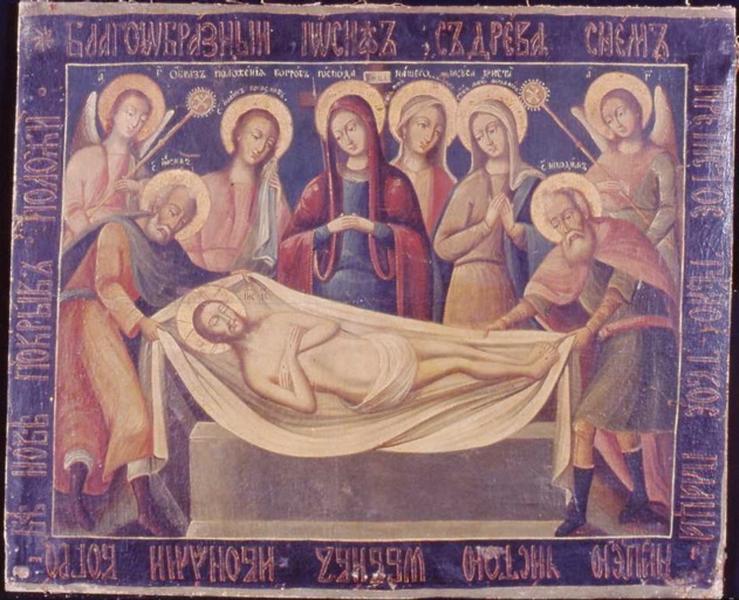
-
- Artiste(s) :
- Anonyme
Mise au tombeau
-
- Sujet représenté :
- Alphabet
- Ange
- Croix (christianisme)
- Jean (apôtre)
- Linceul
- Mandorle
- …
-
- Datation :
- XIXe siècle
-
